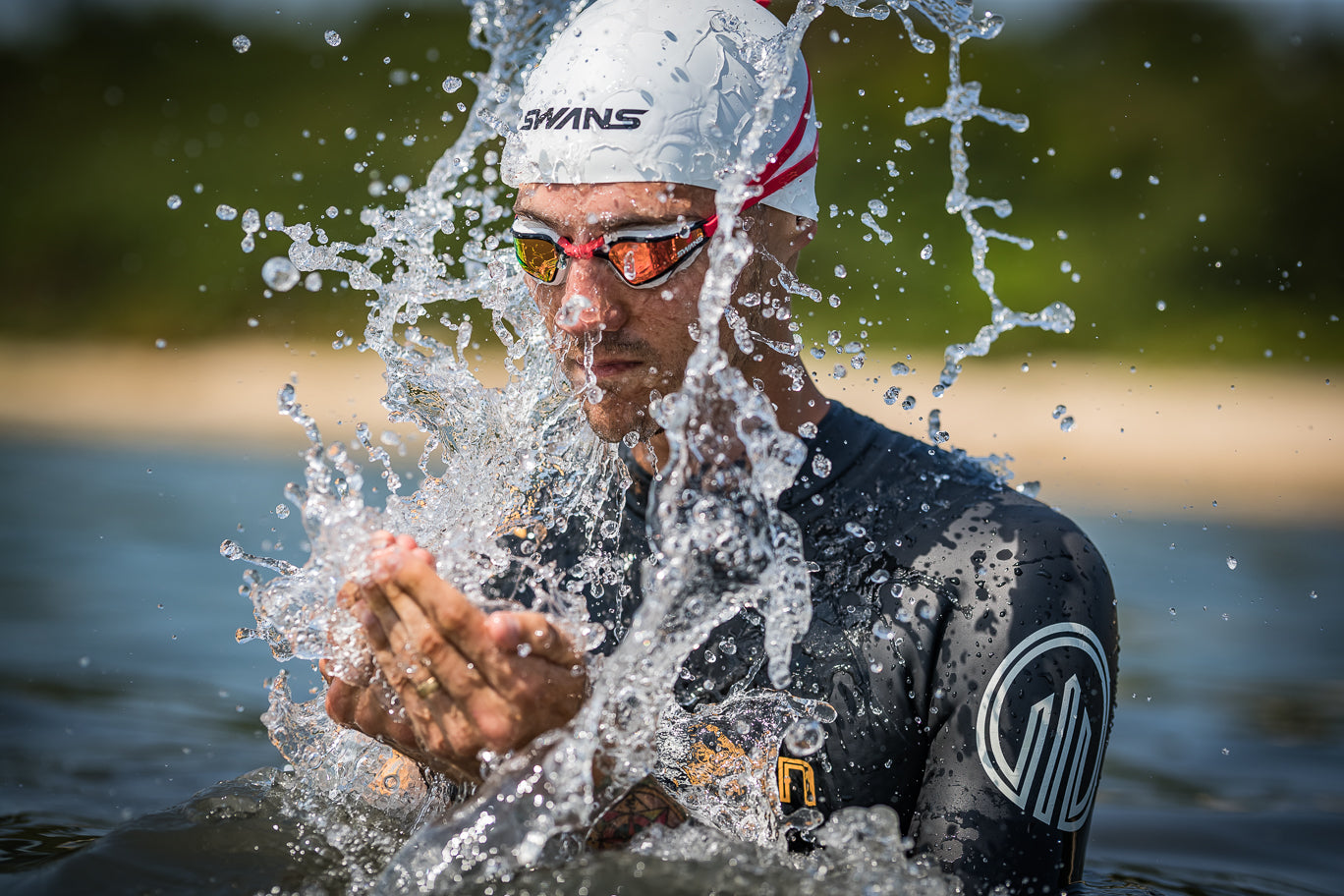Swimming is a full-body workout that places a particular emphasis on the shoulders. The repetitive motion of the arms, combined with the resistance of the water, can take a toll on swimmers' shoulders over time. To maintain peak performance and prevent injuries, swimmers adopt a range of practices to care for their shoulders. In this blog, we'll dive into the strategies and habits that swimmers employ to keep their shoulders in top shape.
- Proper Warm-Up and Stretching:
Swimmers understand the importance of warming up before hitting the water. A comprehensive warm-up routine helps increase blood flow to the muscles and prepares the shoulders for the demands of swimming. Dynamic stretches, such as arm circles and shoulder rotations, are crucial to improve flexibility and prevent injuries.
- Technique Matters:
Efficient swimming technique not only enhances performance but also minimizes stress on the shoulders. Coaches work closely with swimmers to refine their strokes, ensuring proper arm movement and body positioning. A streamlined technique reduces drag and helps distribute the workload evenly across the muscles.
- Strength Training:
Swimmers incorporate strength training into their regimen to build and maintain strong shoulder muscles. Targeted exercises, such as shoulder presses, lateral raises, and rotator cuff exercises, help strengthen the muscles surrounding the shoulder joint. Strong shoulder muscles provide better support and stability during swimming sessions.
- Cross-Training:
To avoid overuse injuries, many swimmers engage in cross-training activities that complement their swimming routine. Activities like yoga, Pilates, and resistance training contribute to overall fitness and provide a break from the repetitive nature of swimming. These exercises often focus on enhancing flexibility, balance, and core strength.
- Recovery Practices:
Swimmers prioritize recovery to allow their bodies, including their shoulders, to heal and adapt. Ice baths, foam rolling, and massage therapy are common recovery practices that reduce muscle soreness and inflammation. Adequate sleep and hydration also play crucial roles in the recovery process.
- Regular Checkups and Monitoring:
Monitoring shoulder health is essential for swimmers. Regular checkups with sports medicine professionals or physiotherapists help identify any developing issues early on. Swimmers may undergo periodic assessments to evaluate shoulder mobility, strength, and overall joint health.
- Smart Training and Rest Days:
Overtraining is a common pitfall in competitive sports. Swimmers pay attention to their bodies and incorporate rest days into their training schedules. Rest allows the shoulders to recover and reduces the risk of overuse injuries. Periodization, a structured training approach that includes varying intensity and volume, helps prevent burnout and promotes long-term shoulder health.
Swimmers understand that taking care of their shoulders is essential for sustained success in the pool. Through a combination of proper warm-up, technique refinement, strength training, cross-training, recovery practices, regular checkups, and smart training, swimmers ensure that their shoulders remain resilient and injury-free. By adopting a holistic approach to shoulder care, swimmers can continue to glide through the water with strength, speed, and precision.


